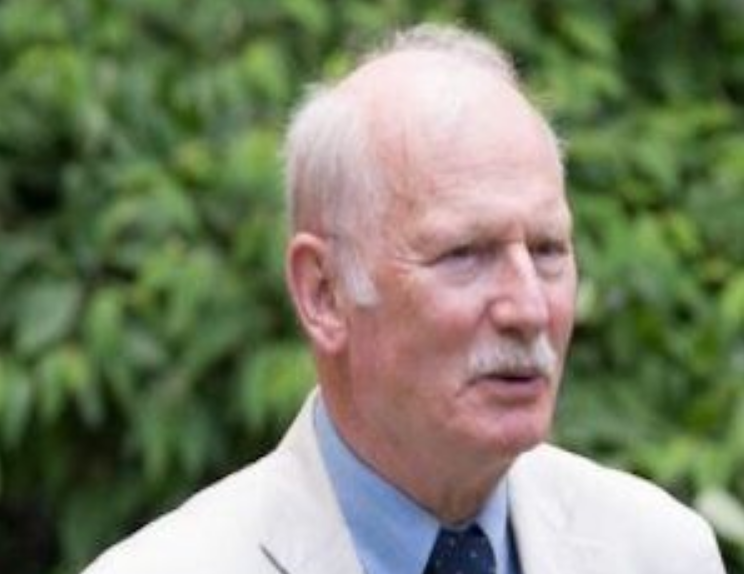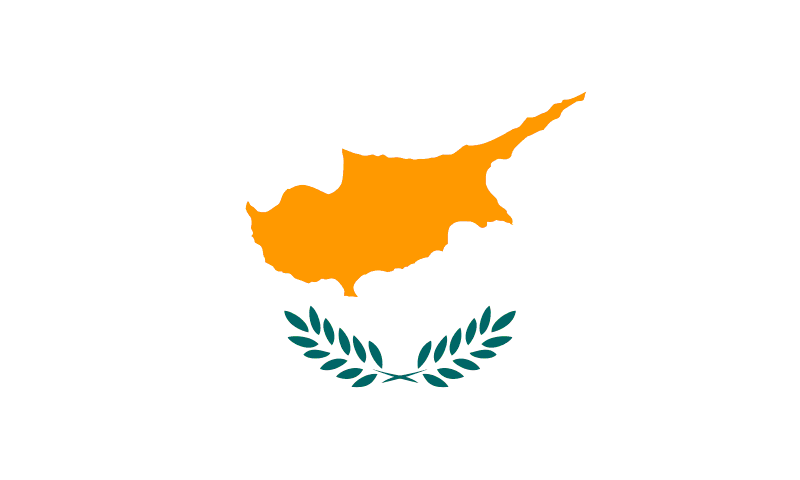
Published October 21, 2009
THE FIRST great massacre of the 20th century happened in eastern Anatolia 94 years ago. Armenians all over the world insist that their ancestors who died in those events were the victims of a deliberate genocide, and that there can be no reconciliation with the Turks until they admit their guilt. But now the Armenians back home have made a deal.
On October 10, the Turkish and Armenian foreign ministers signed a accord in Zurich that reopens the border between the two countries, closed since 1993, and creates a joint historical commission to determine what actually happened in 1915. It is a triumph for reason and moderation, so the nationalists in both countries attacked it at once.
The most anguished protests came from the Armenian diaspora: eight million people living mainly in the United States, France, Russia, Iran and Lebanon. There are only three million people living in Armenia itself, and remittances from the diaspora are twice as large as the country’s entire budget, so the views of overseas Armenians matter.
Unfortunately, their views are quite different from those of the people who actually live in Armenia. For Armenians abroad, making the Turks admit that they planned and carried out a genocide is supremely important. Indeed, it has become a core part of their identity.
For most of those who are still in Armenia, getting the Turkish border re-opened is a higher priority. Their poverty and isolation are so great that a quarter of the population has emigrated since the border was closed sixteen years ago, and trade with their relatively rich neighbour to the west would help to staunch the flow.
Moreover, the agreement does not require Armenia to give back the Armenian-populated parts of Azerbaijan, its neighbour to the east. Armenia’s conquest of those lands in 1992-94 was why Turkey closed the border in the first place (many Turks see the Turkic-speaking Azeris as their “little brothers”), so in practical terms Armenian president Serge Sarkisian has got a very good deal.
The communities of the diaspora, however, believe the Armenian government has sold them out on the genocide issue. Their remittances are crucial to Armenia, so President Serge Sarkisian has spent the past weeks travelling the world, trying to calm their fury. In the end, he will probably succeed, if only because they have nowhere else to go.
But can any practical consideration justify abandoning the traditional Armenian demand that Turkey admit to a policy of genocide? Yes it can, because it is probably the wrong demand to be making.
Long ago, when I was a budding historian, I got sidetracked for a while by the controversy over the massacres of 1915. I read the archival reports on British and Russian negotiations with Armenian revolutionaries after the Ottoman empire entered the First World War on the other side in early 1915. I even read the documents in the Turkish General Staff archives ordering the deportation of the Armenian population from eastern Anatolia later that year. What happened is quite clear.
The British and the Russians planned to knock the Ottoman empire out of the war quickly by simultaneous invasions of eastern Anatolia, Russia from the north and Britain by landings on Turkey’s south coast. So they welcomed the approaches of Armenian nationalist groups and asked them to launch uprisings behind the Turkish lines to synchronise with the invasions. The usual half-promises about independence were made, and the Armenian groups fell for it.
The British later switched their attack to the Dardanelles in an attempt to grab Istanbul, but they never warned their Armenian allies that the south-coast invasion was off. The Russians did invade, but the Turks managed to stop them. The Armenian revolutionaries launched their uprisings as promised, and the Turks took a terrible vengeance on the whole community.
Istanbul ordered the Armenian minority to be removed from eastern Anatolia on the grounds that their presence behind the lines posed a danger to Turkish defences. Wealthy Armenians were allowed to travel south to Syria by train or ship, but for the impoverished masses it was columns marching over the mountains in the dead of winter. They faced rape and murder at the hands of their guards, there was little or no food, and many hundreds of thousands died.
If genocide just means killing a lot of people, then this certainly was one. If genocide means a policy that aims to exterminate a particular ethnic or religious group, then it wasn’t. Armenians who made it alive to Syria, then also part of the Ottoman empire, were not sent to death camps. Indeed, they became the ancestors of today’s huge Armenian diaspora. Armenians living elsewhere in the empire, notably in Istanbul, faced abuse but no mass killings.
It was a dreadful crime, and only recently has the public debate in Turkey even begun to acknowledge it. It was not a genocide if your standard of comparison is what happened to the European Jews, but diaspora Armenians will find it very hard to give up their claim that it was. Nevertheless, the grown-ups are now in charge both in Armenia and in Turkey, and amazing progress is being made.
n Gwynne Dyer is a London-based independent journalist whose articles are published in 45 countries.
=======================================================
Latest Articles :: Gallery :: Books :: Directory :: ContactComing Soon – Selected Book Chapters Podcasts Ideas1 Ideas2 Ideas3 TVO
|
||
|
© 2000-2009 all rights reserved |
.
|
|
GWYNNE DYER has worked as a freelance journalist, columnist, broadcaster and lecturer on international affairs for more than 20 years, but he was originally trained as an historian. Born in Newfoundland, he received degrees from Canadian, American and British universities, finishing with a Ph.D. in Military and Middle Eastern History from the University of London. He served in three navies and held academic appointments at the Royal Military Academy Sandhurst and Oxford University before launching his twice-weekly column on international affairs, which is published by over 175 papers in some 45 countries. His first television series, the 7-part documentary ‘War’, was aired in 45 countries in the mid-80s. One episode, ‘The Profession of Arms’, was nominated for an Academy Award. His more recent television work includes the 1994 series ‘The Human Race’, and ‘Protection Force’, a three-part series on peacekeepers in Bosnia, both of which won Gemini awards. His award-winning radio documentaries include ‘The Gorbachev Revolution’, a seven-part series based on Dyer’s experiences in Eastern Europe and the former Soviet Union in 1987-90, and ‘Millenium’, a six-hour series on the Dyer’s major study “War”, first published in the 1980s, was completely revised and re-published in 2004. During this decade he has also written a trio of more contemporary books dealing with the politics and strategy of the post-9/11 world: ‘Ignorant Armies’ (2003), ‘Future: Tense’ (2004), and ‘The Mess They Made’ (2006). The latter was also published as ‘After Iraq’ in the US and the UK and as ‘Nach Iraq und Afghanistan’ inGermany. His most recent projects are a book and a radio series called ‘Climate Wars’, dealing with the geopolitics of climate change. They have already been published and aired in some places, and will appear in most other major markets in the course of 2009. |
| =========================================================================
DYER, GWYNNE Canadian Journalist/Producer
|









 The other night, we four Armenian friends were out from our Clubhouse and enjoying our water pipes at Galatasaray. The conversation turned around and came to the known topic. I sensed that every one is troubled on the same subject. How would you make this heard to the world as a Turk with Armenian origin being a simple citizen of Turkey? . .
The other night, we four Armenian friends were out from our Clubhouse and enjoying our water pipes at Galatasaray. The conversation turned around and came to the known topic. I sensed that every one is troubled on the same subject. How would you make this heard to the world as a Turk with Armenian origin being a simple citizen of Turkey? . .